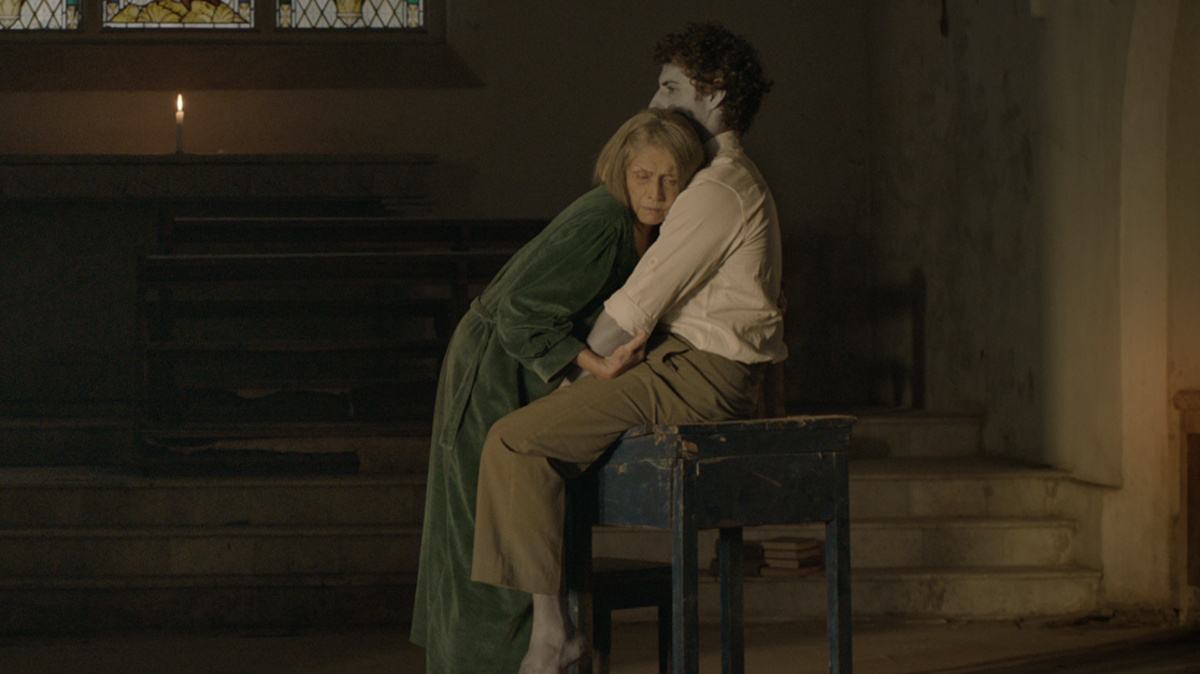The world of cinema is replete with storytellers who enchant us with their ability to craft narratives that resonate with the human soul. One such luminary in the realm of storytelling is Aditya Vikram Sengupta, whose second feature film, ‘Jonaki,’ stands as a testament to his brilliance. In this article, we delve deep into Sengupta’s storytelling prowess, with a particular focus on his portrayal of the aging lover who, with quiet determination, traverses the world of the titular character, Jonaki, in search of rekindled connection.
A Poetic Exploration In ‘Jonaki’
Aditya Vikram Sengupta’s ‘Jonaki’ is a cinematic journey like no other, a masterpiece that transcends the boundaries of conventional storytelling. At its core, ‘Jonaki’ is a deeply personal film—a poignant ode to the director’s grandmother. But it is not merely a chronological retelling of her life; it is a poetic exploration of memory, time, and love, where storytelling takes on an ethereal and profoundly moving quality. In a succession of meticulously curated tableaux, harvested from the annals of the past, the elements, gestures, and emotions that defined her existence resurface, creaking, squealing, chuckling, and slowly dripping through the sieve of time. Meanwhile, her aging paramour traverses her world, embarking on a quiet quest, gathering fragments scattered here and there in a bid to reconnect with her.
One of the most striking aspects of ‘Jonaki’ is the character of the aging lover, whose presence is marked by a quiet, unwavering commitment to rekindle a connection that time has obscured. In Sengupta’s expert hands, this character becomes a symbol of enduring love and the passage of time itself. As the aging lover hobbles through Jonaki’s world, the audience is given a glimpse into the intricacies of their relationship. His quest is marked by a tender determination, an unspoken understanding that the years have taken a toll on both of them. He moves through her world like a shadow, picking up fragments of memories, emotions, and moments, all in a bid to bridge the chasm that separates them.
What makes Sengupta’s storytelling truly remarkable in ‘Jonaki’ is his mastery of visual language. He employs a series of meticulously crafted tableaux, each a snapshot from the past, to reveal the essence of Jonaki’s life. These tableaux are not mere depictions; they are windows into her world, where things, gestures, and emotions come to life and unfold with an almost tactile quality. The aging lover’s journey is intertwined with these tableaux, and it is in these moments that Sengupta’s storytelling prowess shines the brightest. As the aging lover picks up the pieces of Jonaki’s past, we, as the audience, are drawn into a profound sense of longing and nostalgia. We feel the weight of time’s passage, the bittersweet nature of memory, and the unyielding power of love.
Metaphors And Symbolism
Jonaki’s world is ethereal, teeming with life yet bearing the scars of decay, hauntingly vibrant in a remote, otherworldly manner that is the exclusive domain of days gone by. A significant majority of individual frames are laden with an overwhelming sense of beauty. Mahendra Shetty’s discerning eye conjures a realm steeped in astonishing detail, set within a subdued and tranquil color palette. A genuinely exquisite image serves as a reminder of the simple act of breathing. Sengupta’s almost obsessive focus on sound design ensures that we are offered ample opportunities for such profound introspection.
In ‘Jonaki,’ Sengupta employs metaphors and symbolism to convey the complexities of memory and emotion. While some may argue that these metaphors occasionally distract from the film’s personal nature, they serve as a powerful means of storytelling. For instance, the recurring motif of oranges, initially used judiciously and lovingly, ultimately becomes tiresome—a commentary on the monotony of memory. Likewise, the image depicting the fading spark of childhood, while searingly beautiful, is intentionally explicit in its portrayal of the passage of time.
Aditya Vikram Sengupta’s ‘Jonaki’ is a testament to his storytelling brilliance—a film that challenges conventional narrative structures and invites the audience into a realm of poetic exploration. Through the aging lover’s quest to reconnect with Jonaki, Sengupta crafts a narrative that is both tender and profound. The use of visual language, metaphors, and symbolism enriches the storytelling, creating a deeply moving cinematic experience. In the end, ‘Jonaki’ is not just a film; it is a masterpiece that reminds us of the enduring power of love and the inexorable passage of time.












